She was not like other girls – The outcasts
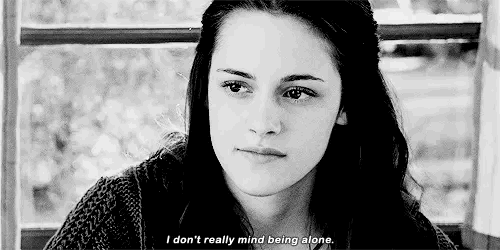
I decided to take a break from the villains and dissect another very popular trope – the outcast. How many times do we see at the beginning of a book, that the main character was not like other girls? I bet you can tell me at least one. Bella Swan, Feyre, the assassin girl from Nevernight, Luce from Fallen, I think you get the idea. They are not popular among the other girls, or at school, they have different hobbies than the others and of course they are the one who catches the eye of the strange but cool supernatural guy, or the billionaire, playboy, and philanthropist.
Here we can ask the question this blog revolves around: why? Why is this trope became so common? Is this something new, or something that accompanied us from the beginning of the history of storytelling? Like everything else, this also has a lot of layers. Let’s start with the classic outcasts and for this, we have to travel back again to the times when our ancestors lived in caves.
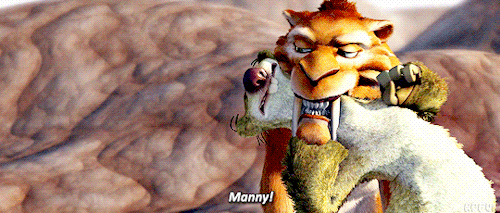
So why being an outcast is a big deal?
At that time, the tribe was everything. People needed each other for survival. They hunted together, fought together against the sabrecats, women looked after each other’s children. If we imagine hunting down a mammoth, we just know that it can’t be done alone. If a sabrecat attacks us alone we are most likely dead. If we take a walk in the forest then twist our ankles with no one there to help then we are also dead.
Famous anthropologist Margaret Mead once said she considered a healed femur the first sign of civilization in a given culture, because it can only heal if someone carried the injured back to the village. From the moment we didn’t abandon the injured, the weak, the old, and the sick we became more than animals.
So it is clear we needed each other for survival, and this fact didn’t change for a very, very long time. I think it only changed in the past hundred or two hundred years at best. A village in the middle ages had to be a tenacious community, people needed each other to harvest the crops, and so on.
This is a huge responsibility, a tribe can not allow a weak link. Imagine, that you are fighting the enemy, and the man on your left decides to run or turn on you and side with the enemy. You are dead. Or someone doesn’t want to help harvest your crop but wants you to help them. That is not fair. But how can one tell that someone is part of the community or not? How can one decide that someone can join and from then on the others will trust them with their lives and well being?
First, one can be born into the community. If the members of the tribe are all relatives, they share the same genetic material, so they will protect each other. An outsider can join but it’s much harder than being there from the beginning. Another must-have are rules. Every community has its written or unwritten rules that decide the norm, how members should behave. These rules can be religious – go to the sermon every Sunday, believe in the same things your community believes, otherwise, you are a witch. But these rules also can be very simple – don’t kill, don’t steal. If someone breaks the rules there will be consequences, and becoming an outcast seems the least bad, but we know now, that exile in most cases resulted in death. Of course, the exiled could find another community, but it was hard and full of secrets.
And hardships and secrets make a plot. But we’ll return to this later.
This was the way until very recently. Because communities and tribes ensure one’s survival wanting to belong somewhere is coded in our genes. It is in our blood. The changes in our lifestyle were much faster than our genes could adapt. Nowadays being an outcast doesn’t mean the same thing in practice that it meant a few hundred years ago. If we don’t have a tribe, we won’t die, we can go to the supermarket to buy food, sabrecats went extinct, and you can buy a handgun or learn karate to protect yourself. We will just be lonely. We will still feel the longing to belong somewhere, so in the inside being an outcast feels the same as before.
But why it became such a popular trope?
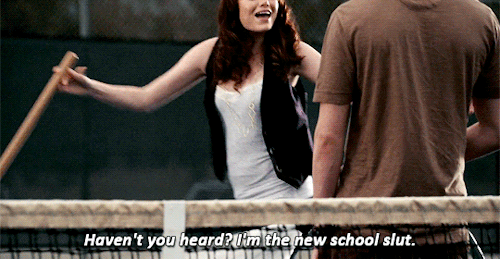
As a teenager or young adult, we are searching for our place. Back in the day we lived in a tribe or a village, so the community was given, but now we live in big cities – that is too big to count as a community. We won’t protect someone because we all live in a metropolis along with millions of others. For a teenager, the community is for example their high school class. The class has norms – there will always be a few who dictate the norm, like chiefs in a tribal village. Those who don’t fit into the norm, who are different from the ones who became “chiefs” are the outcasts. If there would be a class where reading a book, wearing glasses and hoodies were the norm, because there was a bookworm with a loud mouth, then the cheerleaders and jocks would be outcasted. In the film “Easy A” the religious girl dictated the norm, and the main character became outcast because the religious girl marked her as a slut. There can be a lot of permutation what is important, that you belong there if you behave like the majority, it doesn’t matter what that means in practice.
Those who write or read a lot of books don’t belong to the majority in high school. So the first thing that makes this trope popular is self-insert. The outcasts are relatable, they are different from their tribe as we are different from ours. Maybe if we team up we can make our own community – and in the internet age, we can even see this unfold.
The second thing, that made this trope popular, that everyone wants to feel special. They want to belong of course, but if they can’t, at least there should be something that raises them above the crowd, not push them down. So the writers either give the outcast girl special powers or make them the most appealing thing ever for a guy who is also special because he is a vampire or something like that. This makes the reader feel better for the MC and themselves if we talk about self-insert. Like Bella Swan.
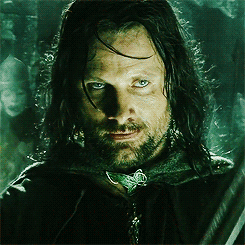
The third, that we can’t deny that outcasts are exciting. If a stranger comes into the community they will be full of secrets. Their past, why they don’t belong anywhere, their whole life and personality is a mystery. Then they have to prove themselves to the community, to let them stay. May be their past will haunt them. See? Even from this one trope I instantly outlined a story. (Okay, I exaggerated.) Or they are a lost king, who wants to take back his kingdom and while he is there, he helps four hobbits take the ring to Mordor. Yes, that’s right. Aragorn was also an outcast, raised by the elves, knowing, that he is from the bloodline of long lost kings that couldn’t go back to their kingdom… And we love it. The mysterious stranger is exciting to anyone.
Can you think of other outcast characters you love? I can’t think any that is earlier than Aragorn but there should be, so comments welcome!
Lory
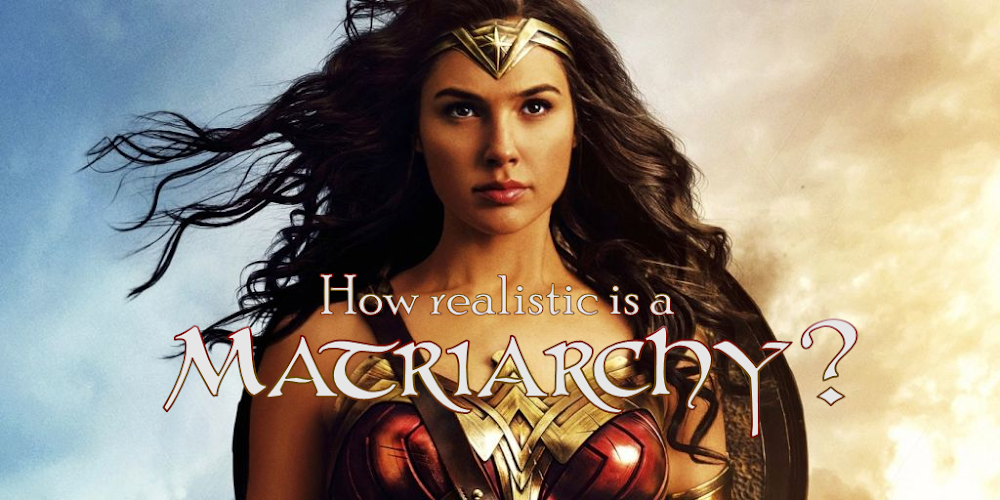
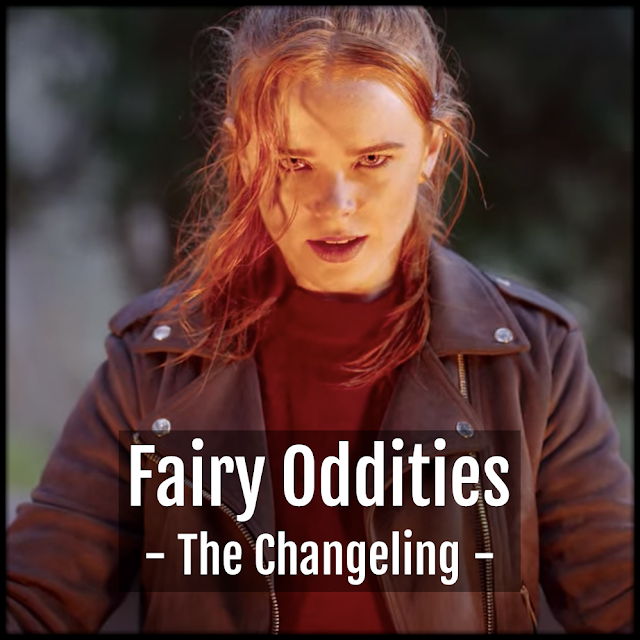

Comments
Post a Comment